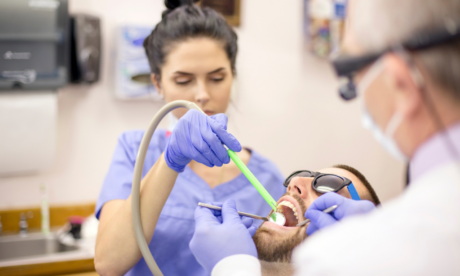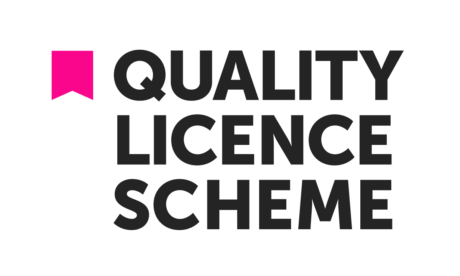Overview
Self-harm is when an individual intentionally hurts or injures themselves as a coping mechanism for dealing with deep-rooted psychological issues. In 2014, 6.4% of English people aged 16-74 reported having self-harmed at some point in their lives, but those are just the few that are brave enough to admit it.
In the Self Harm: Care Assistant Training course, you will learn about the causes of self-harm and self-harm management strategies. It also explores the self-harm cycle in detail and the common myths about self-harm that should be ignored. Much of the course focuses on the role of a care assistant, and how to provide quality care for vulnerable individuals, including self-harm assessments, communication techniques, the referral, admission and discharge process.
Learning Outcomes:
- Understand the definition of self-harm and why people self-harm
- Demonstrate an in-depth understanding of the self-harm cycle
- Learn about the methods of treatment that are available to self-harmers
- Familiarise with some common myths about self-harming
- Explore the short term physical and psychological management for self-harming
- Get step-by-step guidance on how to conduct a self-harm assessment
- Develop your knowledge of the general principles of care for self-harmers
- Understand the issues faced by self-harmers and the ways you can help them
- Discover expert advice on how to communicate effectively with repeated self-harmers
- Have a solid understanding fo the referral, admission and discharge process
Who is this Course for?
This course is suitable for those who want to raise awareness of self-harm and deepen their knowledge of self-harming and the reasons behind this form of self-abuse. It is ideal for individuals who are caring for self-harmers and want to learn more about the different kinds of treatment available.
Entry Requirement:
- This course is available to all learners, of all academic backgrounds.
- Learners should be aged 16 or over to undertake the qualification.
- Good understanding of English language, numeracy and ICT are required to attend this course.
Assessment and Certification
Upon completion of the course, you will be required to sit for an online multiple-choice quiz based assessment, which will determine whether you have passed the course (60% pass mark). The test will be marked immediately and results will be published instantly.
After completing the course, you can order a certificate of achievement to display your achievement for as little as £3.99 for the PDF version and £7.99 for a paper version or £10 for both. There is an additional £10 delivery charge for international students.
Career Path
On successful completion, learners will be able to demonstrate an excellent understanding of the self-harm cycle, the psychology behind self-harming and the strategies and treatments that can be put into place to safeguard individuals from further self-abuse.
Course Curriculum
| Introduction to Self-Harm | |||
| Module 1: What is Self-Harm? | 00:05:00 | ||
| Module 2: The Self-Harm Cycle | 00:05:00 | ||
| Module 3: Who Self-Harm & Why They Do It | 00:10:00 | ||
| Module 4: Treatment and Coping | 00:05:00 | ||
| Module 5: Common Myths About Self-Harm | 00:05:00 | ||
| Short-term Management and Prevention of Recurrence of Self-harm | |||
| Module 6: Issues for All Services and Healthcare Professionals | 00:05:00 | ||
| Module 7: The Management of Self-Harm in Primary Care | 00:05:00 | ||
| Module 8: The Assessment and Initial Management of Self-Harm by Ambulance Services | 00:05:00 | ||
| Module 9: The Treatment and Management of Self-Harm in Emergency Departments | 00:05:00 | ||
| Module 10: Medical and Surgical Management of Self-Harm | 00:10:00 | ||
| Module 11: Advice for People who Repeatedly Self-Harm | 00:05:00 | ||
| Module 12: Referral, Admission and Discharge Following Self-Harm | 00:05:00 | ||
| Long-Term Management of Self-Harm | |||
| Module 13: General Principles of Care | 00:05:00 | ||
| Module 14: Primary Care & Assessments | 00:05:00 | ||
| Module 15: Longer-Term Treatment and Management of Self-Harm | 00:05:00 | ||











